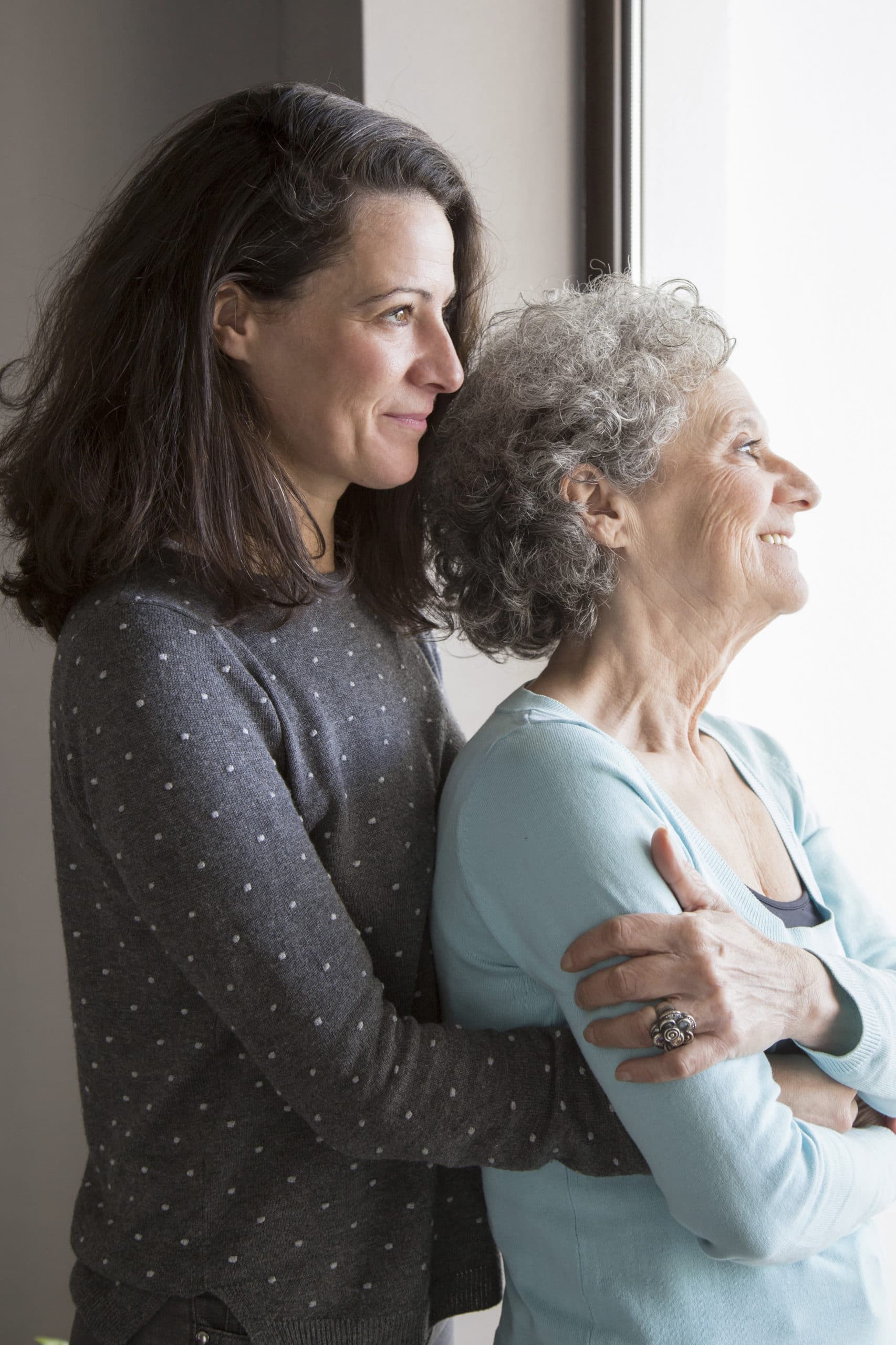We know that a Parkinson’s diagnosis can have a tremendous impact on the individual living with the condition, but it can also leave an impact on their loved ones, too. It is not uncommon for people closest to those living with Parkinson’s to struggle with coming to terms with the condition and knowing how to best support their loved one. You may even feel slightly helpless if it is not a condition that you are familiar with, or perhaps you’re unsure about how to approach the topic. We understand that with so much information about Parkinson’s online, it can be overwhelming knowing where to start, which is why we have come up with some gentle advice to help you support your loved one with Parkinson’s.
Educating yourself on Parkinson’s
A key part of caring for your loved one is educating yourself on the condition, and by reading this blog, you have already taken the first step towards being more informed on the condition. Whether they have just received a Parkinson’s diagnosis or they are looking into possible treatments, by learning more about the condition and how it will impact your loved one, you will find it easier to understand what they are going through and how to support them, both practically and emotionally.
Parkinson’s is a progressive neurological condition, which means that it affects nerve cells in the brain and the symptoms will develop over time. The loss of nerve cells leads to a reduction of the chemical dopamine in the brain. Sometimes referred to as ‘the happy hormone’, dopamine is pivotal to regulating movement in the body.
There are many symptoms of Parkinson’s, and your loved one’s experience may include some or many of the common symptoms, depending on how long they have been living with the condition. The most common symptoms include:
- Involuntary shaking in parts of the body (known as a tremor)
- Slower movement
- Stiffness in the muscles
- Difficulty with balance.
Parkinson’s can also impact the individual’s mental health, often in the form of anxiety or depression, which means that your support and understanding is vital to your loved one’s wellbeing.
There are many online resources designed to educate people on Parkinson’s, and there are also charity support groups which can provide you and your loved one with a social circle of people in similar circumstances and reduce the isolation often associated with the condition.
Pay attention to your loved one’s needs
Understanding the physical and emotional impacts of Parkinson’s on your loved one is important, as this will determine what kind of support they need as the condition progresses. However, it is also important to remember that each person living with Parkinson’s is different and that they are still the same person you know and love after diagnosis. Sometimes your loved one’s greatest need is a day doing something they enjoy with you. Their symptoms may mean that you need to get creative when planning their favourite activity or day trip, such as bringing a wheelchair along for a shopping trip in town, or having an indoor picnic on a day when they’re having difficulty with mobility.
Consider how the symptoms are affecting your loved one and try to accommodate them both around the home and in day-to-day life. It could be that they’re having difficulty with their mobility and you’ve noticed that they’re not as confident with their daily routine as they used to be. In which case, your loved one may benefit from daily living aids, such as a grab rail or shower seat, to support them with safe personal care whilst retaining their independence.
We know that you want the best for your loved one and often, following a Parkinson’s diagnosis, those closest will try to provide extra physical and emotional support to make life easier for them. However, caring for a family member or friend can take a toll on your wellbeing, and you shouldn’t have to sacrifice your welfare or the important time you spend enjoying each other’s company.
If you need support with looking after your loved one, you can apply for a needs assessment to get funding for home adaptations or home care, covering things like household chores and personal care. At Helping Hands, we have specialist Parkinson’s care with visits from as little as 30 minutes to round-the-clock live-in care. Whatever your loved one’s needs: we’re here to help.
Creating joyful moments each day
It can be easy to let your loved one’s condition shroud your thoughts, but it is important to make time for things that you both enjoy and spending time together. Creating joyful moments every day doesn’t have to be time consuming or costly, but it should be a time where both you and your loved one switch off from the pressures of everyday life and appreciate something together.
It could be as simple as a chat over a cup of tea with a biscuit, or admiring the birds out in the garden, or perhaps you’d like to arrange a trip out to your favourite café. Support can mean many things but your loved one will appreciate those priceless moments of joy, even more so on days that they may be finding difficult.
Set daily goals
The physical and emotional impacts of Parkinson’s can often cause a loss in confidence, and you may even find that your loved one is more reluctant to try new things or go out and enjoy their usual social visits. A useful tool to building confidence is setting goals, something that you can support your loved one to plan and carry out.
We recommend writing down your daily goals so that they have a visual cue to remind them to complete it, and also have the satisfaction of ticking it off afterwards. You can use a whiteboard, sticky notes, a cork board, or print off our ‘weekly goal planner‘.
A daily goal should be a small manageable task, designed to keep your loved one proactive and boost their confidence. Here are a few of our favourite examples:
- Complete some gentle exercises
- Go for a short walk with a loved one
- Practise getting up and out of your chair
- Eat five portions of fruit and vegetables
- Phone a friend for a catch up
If you would like to organise some care for your loved one living with Parkinson’s, here at Helping Hands we provide person-centred support to help your loved one live well at home. From visiting support to respite and nurse-supported care, all the way through to full-time live-in support, we can help you and your loved ones build the foundations to a happier life at home.
For more information, please call 0333 060 9582 or request a callback and we will call you.


